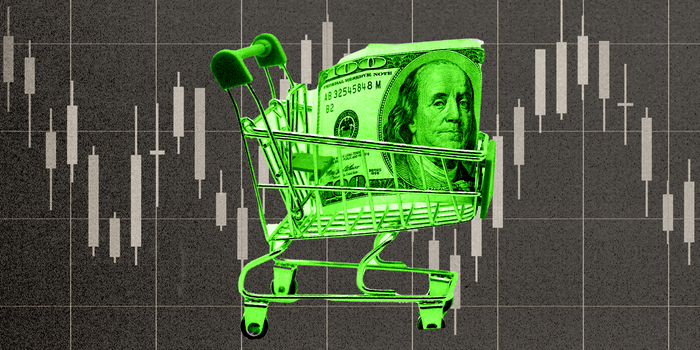Global stock markets saw a sharp rise this week after new U.S. data revealed that inflation rates are cooling faster than expected. The announcement immediately boosted investor confidence, sending major indexes in the U.S., Europe, and Asia to their highest levels in months. Analysts believe the positive momentum could mark the beginning of a more stable economic cycle after years of volatility.
Wall Street led the surge, with the S&P 500 and Nasdaq both posting significant gains. Financial experts credit the rally to growing expectations that the Federal Reserve may soon ease interest rates.
Federal Reserve’s Balancing Act
The cooling inflation data places the Federal Reserve in a delicate position. While its aggressive interest rate hikes over the past two years have been blamed for slowing economic growth, the latest numbers suggest those measures are finally paying off. Markets are now betting that the Fed will shift toward rate cuts by early next year, a move that could further fuel investment.
However, central bankers remain cautious. Officials have stressed the need to ensure inflation is fully under control before relaxing monetary policy, warning against premature optimism.
Impact on Global Markets
The ripple effects of the U.S. inflation report extended across the globe. In Europe, major indexes such as the FTSE 100 and DAX climbed, while Asian markets including Tokyo’s Nikkei and Hong Kong’s Hang Seng also reported solid gains. Emerging markets benefited as well, with foreign investors pouring capital back into regions that had seen outflows during the inflation surge.
Economists say the trend highlights the interconnected nature of global finance, where U.S. monetary policy decisions directly influence international market stability.
Business Sector Response
Corporate leaders have welcomed the news, with many expressing optimism about growth prospects for 2025. Sectors hit hard by high borrowing costs—such as real estate, technology startups, and manufacturing—are expected to benefit the most from potential rate cuts.
Technology companies in particular saw stock prices rebound, with giants like Microsoft, Tesla, and Alphabet posting impressive gains. Startups seeking venture capital also hope that lower rates will encourage renewed investment activity.
Challenges Ahead
Despite the upbeat market reaction, challenges remain. Geopolitical tensions, energy price fluctuations, and supply chain disruptions continue to pose risks to long-term stability. Additionally, while inflation has cooled in the U.S., other economies are still grappling with higher-than-expected price growth, particularly in food and housing sectors.
Financial analysts caution that while the rally is encouraging, sustained growth will depend on consistent economic data and careful policymaking.
FAQs
Why did stock markets rise this week?
Markets surged after U.S. inflation data showed cooling trends, boosting investor confidence.
How does inflation affect interest rates?
High inflation typically leads central banks to raise interest rates, while cooling inflation increases the likelihood of rate cuts.
Which sectors benefit most from lower inflation?
Sectors reliant on borrowing, such as real estate, manufacturing, and technology startups, often benefit the most.
What global impact does U.S. monetary policy have?
U.S. policies directly affect international markets, influencing capital flows and global investor confidence.
Are there risks despite the positive outlook?
Yes, risks include geopolitical tensions, energy price volatility, and uneven inflation trends across regions.
Conclusion
The global stock market surge underscores how closely tied international finance is to U.S. economic performance. Cooling inflation has injected optimism into investors worldwide, with many now anticipating a friendlier monetary environment that could spur business growth.
At the same time, challenges remain that could test the resilience of global markets. While the rally is a positive sign, long-term stability will depend on sustained progress in inflation control, prudent policymaking, and the ability to navigate ongoing geopolitical and economic uncertainties.








